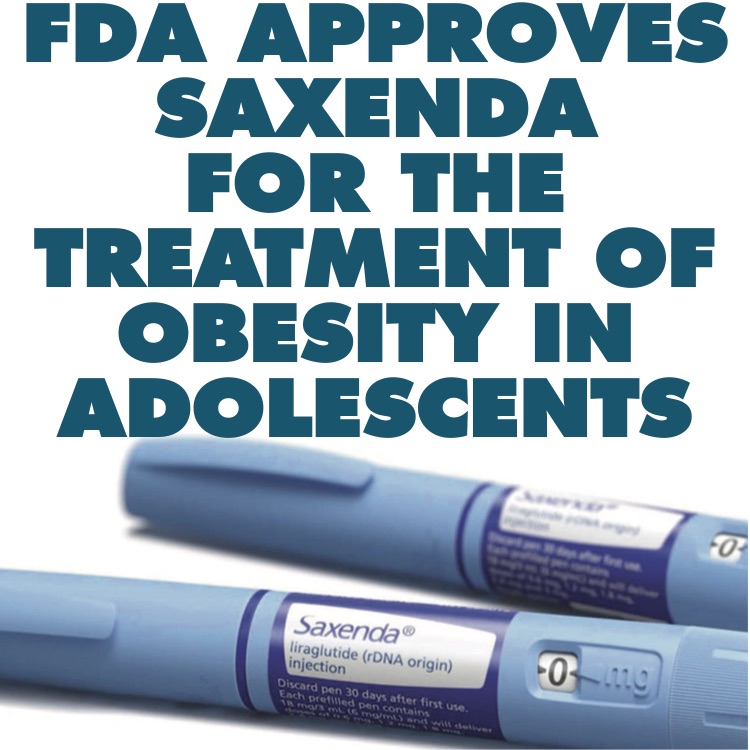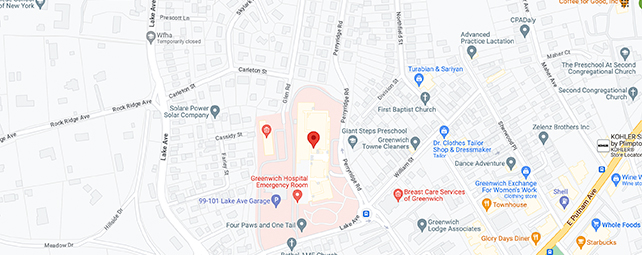
The US Food and Drug Administration has approved an updated label for Novo Nordisk’s Saxenda (liraglutide) injection 3 mg, a once-daily glucagon-like peptide-1 receptor agonist, to include treatment of obesity in adolescents aged 12 to 17 years who have a body weight over 60 kg and a baseline body mass index that corresponded to 30 kg/m2 or greater. It’s meant to be used with reduced-calorie meals and more physical activity.1 The drug had been approved in 2014 for chronic weight management in adults.
The approval came following a trial that compared liraglutide to a placebo and had 251 participants. It had a 12-week run-in period that included lifestyle therapy; a treatment period of 56 weeks, with a dose escalation over 4 to 8 weeks, with either liraglutide or placebo; and a 26-week follow-up period with no treatment. The trial was a result of a post-marketing requirement from the Pediatric Research Equity Act. The body mass index standard deviation score saw a statistically significant reduction in the treatment arm, as well as reductions in average body weight, and other weight-related endpoints. Adverse events were similar to those found in adults and included nausea, vomiting, and diarrhea.
In the press release from Novo Nordisk about the approval, Aaron Kelly, PhD, professor of pediatrics and co-director of the Center for Pediatric Obesity Medicine at the University of Minnesota in Minneapolis said, “New options to treat adolescents who live with obesity can bring much-needed hope to families and help address this growing epidemic. With up to 90 percent of adolescents with obesity likely to have it as adults and thus at increased risk for developing weight-related complications, it’s important to address weight care and offer support early on. I’m encouraged that health care providers now have another tool in developing a personalized, complete care plan to help adolescents lose weight and keep it off.”
Reprinted from Contemporary Pediatrics
















